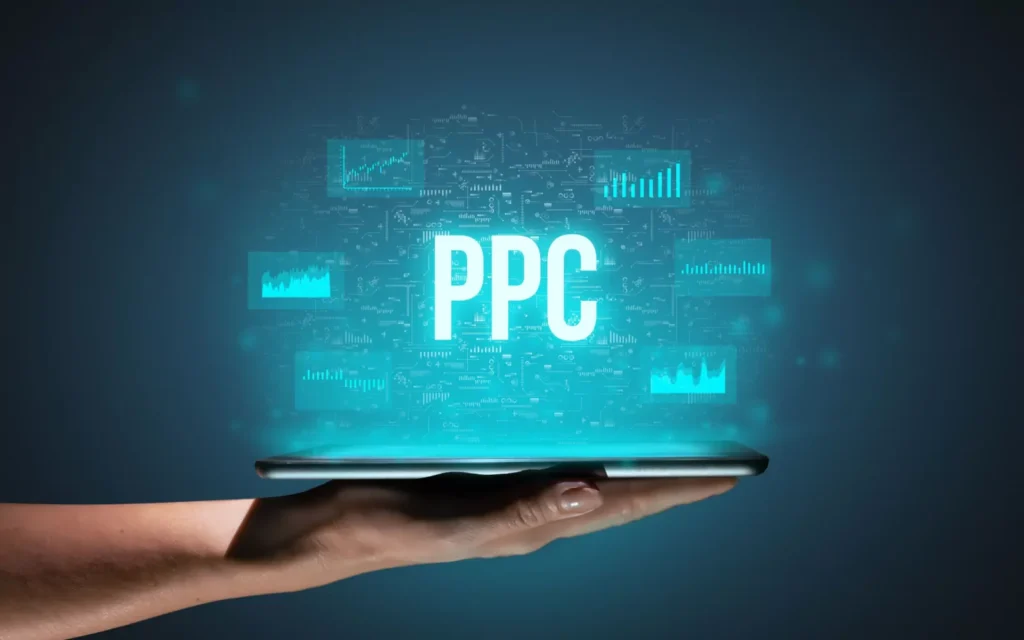Pay - Per - Click |
Measurable | Real-time | Power-boost for Sales
PPC has become shorthand for advertising that appears on search engines. bought through Google Ads and Microsoft Advertising to advertise on Bing, but many other ad platforms also support pay-per-click or cost-per-click ad buying, including Facebook, Amazon, Twitter, Pinterest, Snapchat, Quora and LinkedIn. Advertisers can buy display, video, social and native ads on a pay-per-click basis.
PPC (pay-per-click) marketing is a form of online advertising in which advertisers accrue costs when users click their ads. Advertisers bid on the perceived value of a click in relation to the keywords, platforms, and audience type in which it originates.
PPC is used for all types of campaign goals, including:
- Increasing sales
- Generating leads
- Promoting brand awareness
PPC is all about relevance. Users are searching for specific products, services, and information at any given time. Advertisers have the ability to show a targeted ad at the exact moment this search is occurring. For example, if a user searches for “blue running shoes,” an advertiser can show an ad speaking to “blue running shoes.”

Digital marketing is famously jargon-heavy and companies often try to coin their own names for products and features. The terms “remarketing” and “retargeting” refer to the same thing, as just one example.
Cost per click (CPC) is the reporting metric name used by the ad platforms. CPC refers to the bid price an advertiser sets (Max CPC) and the price an advertiser pays (reported in aggregate as Avg. CPC). Impression-based buying is referred to as CPM because ads are bought on a cost-per-thousand basis, and advertisers pay when their ads load on the page.

